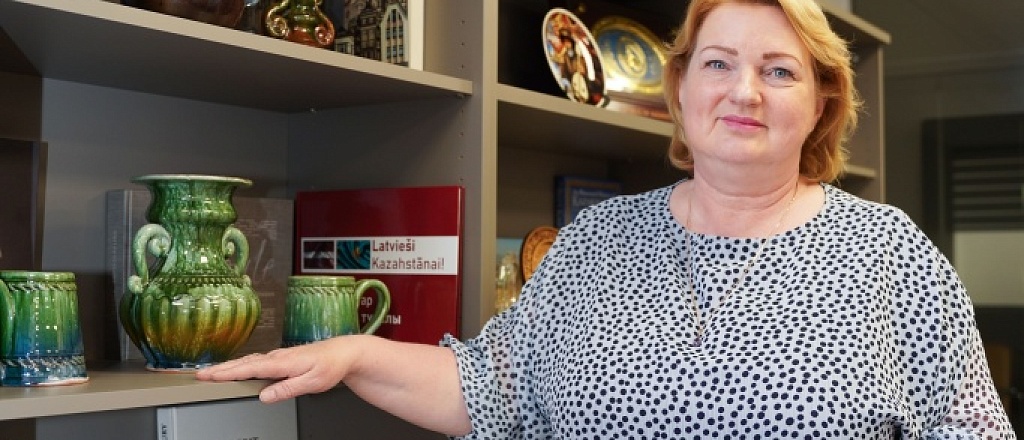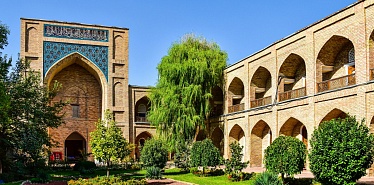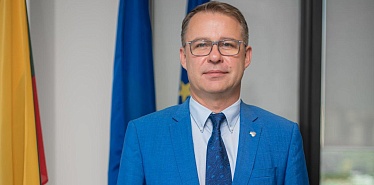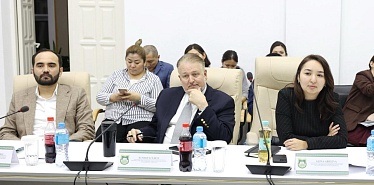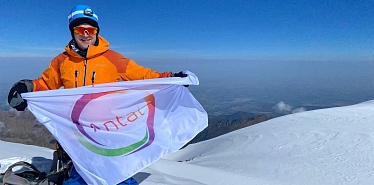Ambassador of Latvia talked about her main tasks in Kazakhstan, life in the country and what Latvian products can be found on the shelves.
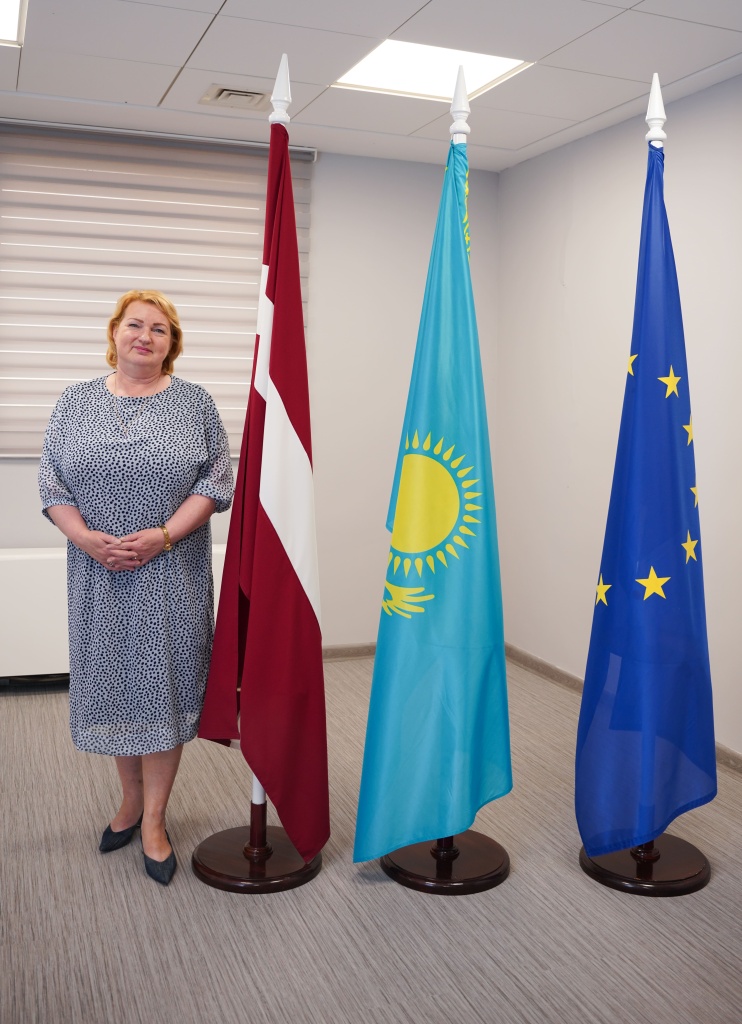
About me
I graduated from the Faculty of Law at the University of Latvia. My career in the Latvian Ministry of Foreign Affairs began in 1995, starting with the legal department. Legal professionals have complex and responsible jobs and are always in demand in ministries. Colleagues know that they can turn to legal experts with any issue, and we find ways to resolve them.
I began my career in the Department of International Agreements and was entrusted with significant responsibilities from the very beginning. I worked in this department for nine years. From 2004 to 2006, I served as Consul in Canada. In 2006, I was offered the position of Director of the Legal Department and returned to Riga. Eight years later, I was appointed as the General Consul in Saint Petersburg. In 2018, I led the Department of Bilateral Relations, overseeing the entire post-Soviet space except for the Baltic States, as we never considered ourselves part of the Union. In 2020, I was appointed Ambassador to Kazakhstan.
About work
The primary focus of relations between Kazakhstan and Latvia is transportation and transit. Kazakhstan lacks direct access to the ocean, whereas we do. Therefore, if goods need to be transported from Kazakhstan to Europe, they often pass through our ports. Similarly, if we need to transport goods from China, they often go through Kazakhstan.
Currently, my main task is not to increase trade turnover but to monitor that it remains at an optimal level.
About Central Asia
I have been in Astana since January 2021 — over three and a half years. During this time, the capital has changed its name twice. The city is literally growing. From my window, I can see buildings rising where once there was steppe.
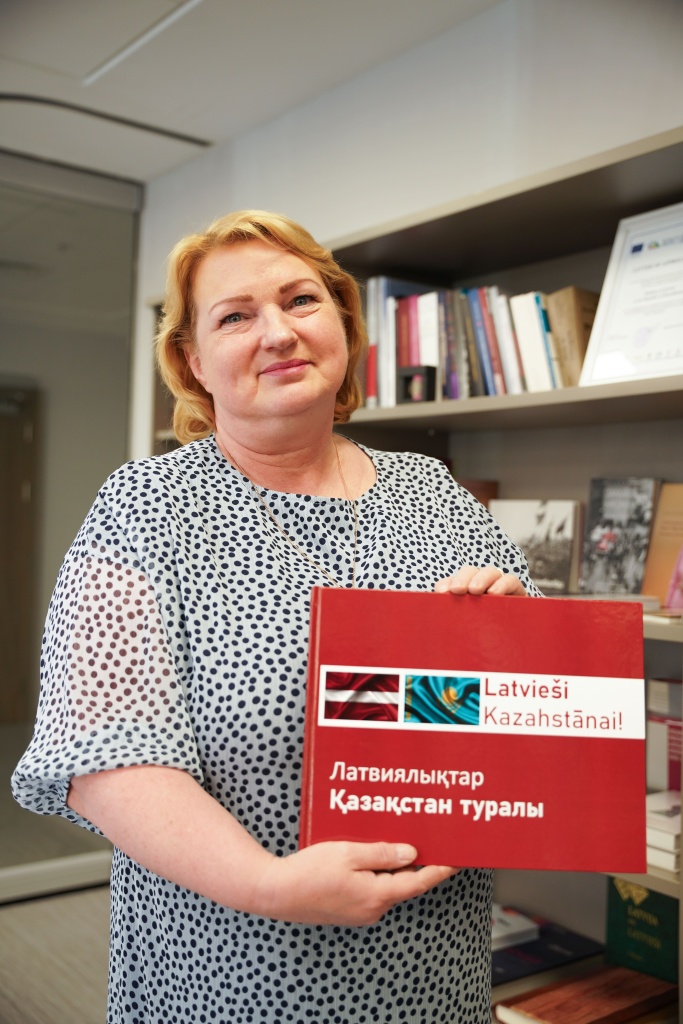
Due to my role, I frequently travel across Central Asia. The most challenging aspect for me is the vast distances, which often require flying.
I often visit Almaty and enjoy it there. The nature and mountains are wonderful.
Additionally, every year, along with other EU ambassadors, I visit Karaganda to commemorate the Day of Remembrance for the Victims of Political Repressions on May 31. We organize an event in collaboration with the Akimat of Karaganda.
As I am also the Ambassador to Kyrgyzstan, I have visited Bishkek and traveled to Issyk-Kul. The beauty there is stunning, and I recommend a visit.
About Latvian culture
Latvia has a Song and Dance Festival, a traditional cultural event featuring folk choirs and dances. The festival occurs every five years and involves around 40 000 participants.
We also celebrate the Ligo Festival on June 23-24, when people go outdoors, weave wreaths, sing, light bonfires, and dance all night until sunrise.
In Riga, there is an entire district with beautiful Art Nouveau buildings from the late 19th and early 20th centuries, characterized by stained glass windows.
The building housing the Tselinnikov café was designed for Riga but was ultimately constructed in Tselinograd. Latvian architects and builders worked on it. Inside, you can see an Art Nouveau stained glass window depicting our red-and-white flag. Thus, visiting this café provides a little piece of Latvia.
About work in Central Asia
Two Latvian pharmaceutical companies are represented in Kazakhstan. Many of the medicines sold here are produced in Latvia.
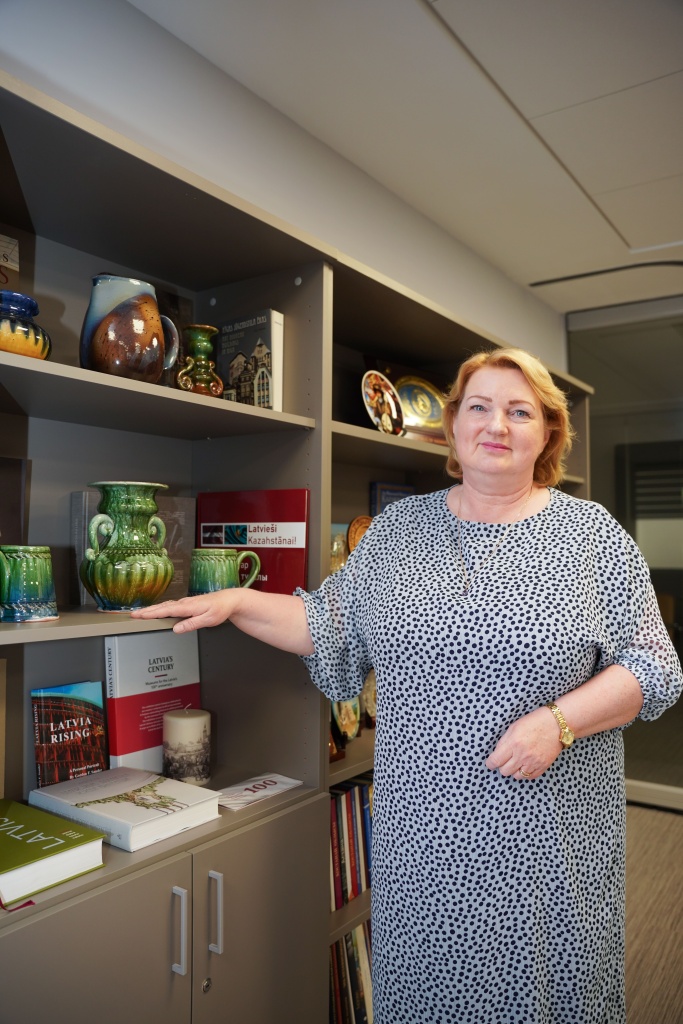
Other Latvian products can also be found in Kazakhstan. For instance, Line Brew beer is sold under a Belgian brand but is brewed at our Cesis brewery. Latvian balsams in various varieties are available, as are Riga sprats — though it is important to check the producer. In Almaty, some stores sell Latvian Pure candies.
Latvian universities regularly host students from Kazakhstan, with numbers ranging from 100 to 200. Popular institutions include the Riga Aeronautical Institute, where engineers study, and the Stockholm School of Economics in Riga, which trains lawyers.
One of the largest Kazakh banks is serviced by a Latvian IT company. Also, in Kyrgyzstan, they manage the entire banking system.






